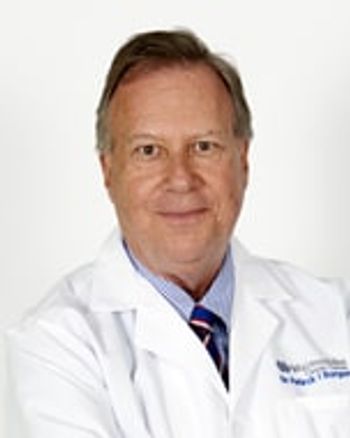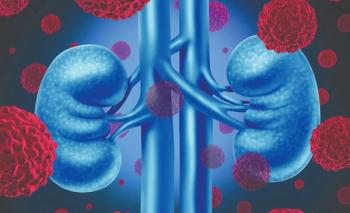
General Surgeons in Rural Areas Need Broad Skill Set for Delivery of Surgical Services

Data focusing on patients seeking breast surgical procedures determined that broad skill sets are valuable for general surgeons practicing in rural areas, as breast surgeries only represented a small proportion of total surgical procedures conducted.
When analyzing the breast surgery caseload of rural general surgeons, the resulting data furthered the evidence that a broad skill set in the delivery of surgical services is valuable as breast surgeries represented only a small portion of the total surgical procedures performed.
The data that were presented at the 38th Annual Miami Breast Cancer Conference, hosted by Physicians’ Education Resource®, LLC®, also found that patients in a rural setting were more likely to undergo a simple mastectomy than undergo a subcutaneous mastectomy with reconstruction.
“Data regarding the caseload distribution of general surgeons working in a regional setting in Australia and who perform breast surgery remains scarce,” wrote the investigators. “In order to better examine the challenges faced by rural general surgeons, this study aims to examine the breast surgery caseload of general surgeons working in regional Australia.”
Of the 13,415 surgical procedures carried out by 9 general surgeons at Albury Base Hospital, 543 (4.05%) were breast surgery cases. Of note, there were 99 mastectomies, 214 wide local excisions, 35 re-excisions, and 62 axillary dissections conducted during the study period, with only minor breast procedures accounting for 111 breast surgery cases.
The investigators found a significantly higher number of simple mastectomies (n = 95) performed than there were subcutaneous mastectomies (n = 4) performed (P <.001).
When examining the general surgeons who conduct the procedures, the research also found that all 9 surgeons performed a number of operations in different surgical specialties outside of general surgery. Some of these operations included cardiothoracic, orthopedic, otolaryngology, neurosurgical, vascular, and urological procedures.
The study initiated a retrospective review of the general surgical procedures conducted at Albury Base Hospital in Australia between January 2007 and December 2014. The research group utilized the classifications via the Royal Australasian College of Surgeons (RACS) Morbidity and Audit Logbook Tool (MALT) to group the surgical procedures and analyze them accordingly.
“The delivery of surgical services in rural and regional areas remains a challenge with the increasing trend towards urban centralisation of surgical specialties,” wrote the investigators. “In Australia, much like in the USA, there remains significant barriers to access to healthcare for patients requiring breast surgery in rural areas. While up to 33% of Australians live in rural or regional areas, only 14.8% of surgeons work in a rural or regional area.”
Overall, the investigators concluded that access to a multidisciplinary meeting is a critical variable in the delivery of breast surgery services for patients in rural areas.
Reference:
Bappayya S. Caseload of Rural General Surgeons – a Focus on Breast Surgery. Presented at: 38th Annual Miami Breast Cancer Conference® Virtual Conference; March 4-7, 2021.
Newsletter
Stay up to date on recent advances in the multidisciplinary approach to cancer.



















































